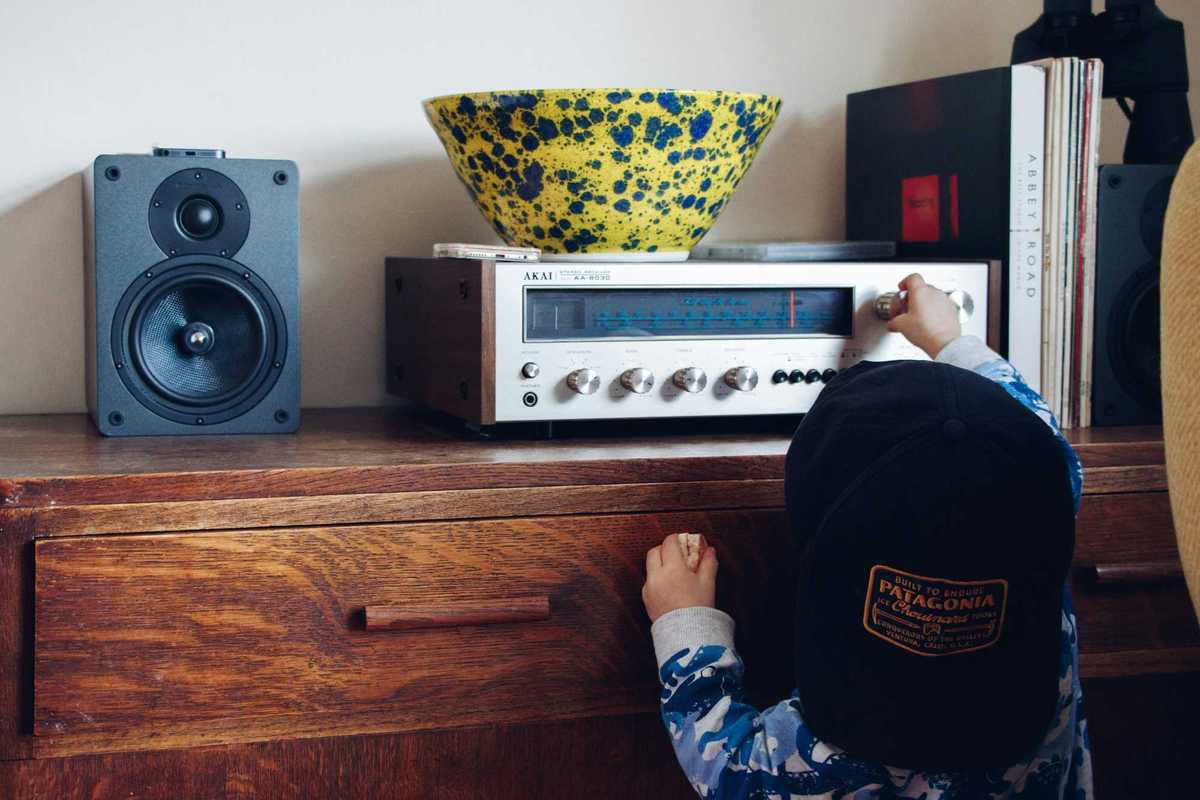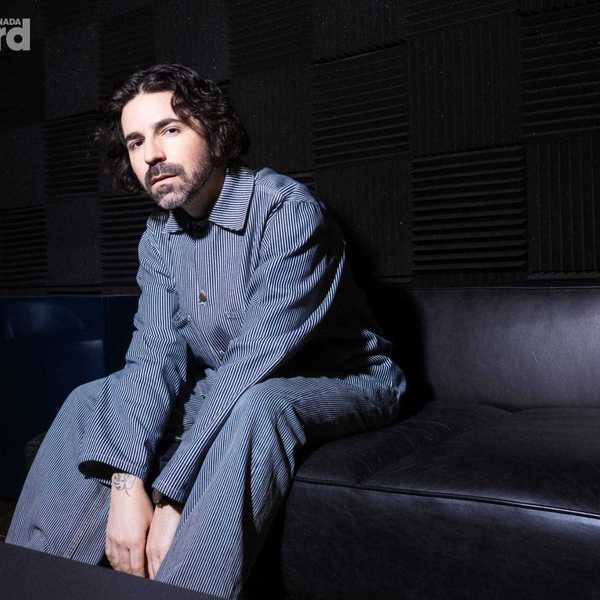Home Promoter Business Models Change Midstream
Vancouver's Side Door and Winnipeg's Home Routes are finding online alternatives to the current concert business climate - and it could just be the wave of the future.

By Nick Krewen
Amid the pandemic, home-driven concert businesses such as Side Door and Home Routes have unexpectedly found ways to make lemonade out of lemons.
Vancouver-based singer-songwriter Dan Mangan, who co-founded what he describes as “an Air B&B for shows” with former CBC journalist Laura Simpson in 2018, suggests the government shutdown of live venues and crowd gatherings was “a big shit sandwich that unilaterally cancelled everything.”
But Side Door – which allowed hosts and artists to match and run their own shows and had booked 700 concerts before the Covid-19 hiatus went down – has found life as an online entity.
As a festival of marquee acts ranging from Andrea Bocelli to Burton Cummings to Garth Brooks deliver concerts from the sanctity of their living rooms on platforms that include Facebook Live, YouTube and Instagram Live, Side Door and its roster of 2,300 artists have also been hosting virtual concerts.
Where Side Door differs is that they’ve also been hosting them on Zoom, the interactive platform initially designed for business meetings and video conferences – and, importantly, Side Door is charging for the shows.
“I did a couple of pilot test shows, where I would sell tickets through Side Door and I would route people to a private Zoom meeting,” Mangan says.
“The first one had about 250, maybe 300 people viewing it – and the second one had about 700 people and that's when it really started to click. These weren’t shows or just entertainment; it wasn’t just me broadcasting to the Internet at large – I could see the participants. They could see me. They could see each other. And the emotional and existential reward that came from it, both personally and for the audience, well the feedback was just through the roof.”
Mangan says he kept the price minimal for the shows, but he felt it important to charge something rather than just providing free entertainment.
“What we realized is when you put a value on something upfront, people value it. I wasn’t charging a lot – only $6, but because people had to buy a ticket, they then put it in their calendar. So rather than being a passive entertainment, this was a show. We found that over 90% of people who bought tickets were tuning in from the beginning all the way to the end of the show.”
Ironically, Mangan says that average payout for Side Door during their live in-house concerts averaged $490, but the average payout on the online concerts has been “between $1100 and $1200.”
“Maybe the interest in these shows will peter out after the crisis, but I don’t think so,” Mangan observes. “Right now, it’s a model that can help artists through this time. It doesn’t rely on donations.”
Traffic to the Side Door website has increased and now attracts 20 to 25 new users daily, but the one nut they haven’t been able to crack yet has been to sell merchandise.
"Viewers in chat rooms have often included a link to the artist’s site if they want to buy merch or make a donation to charity," Mangan explains, adding that he doesn't think the technology to combine and support both live and merch on a concert platform is too far in the future.
“People are creative, and whether we include something that we’ve built or that somebody else has built, I think it’s only a matter of time before that’s well-integrated,” Mangan says.
Winnipeg-based, not-for-profit org Home Routes - which coordinates hosts and artists for house concerts, is still figuring out their game plan, executive producer Leonard Podolak says.
“We cancelled two months of programming across the country due to Covid-19, so that accounts for 20 tours for 20 different artists,” Podolak says. As an aside, it was his father, Mitch, who co-founded the business in 2007 with general manager Ava Kobrinsky.
“We wondered what we could immediately do to help these artists and offered them our (Facebook) log-in.”
With the log-in privilege, artists could make their own on-line arrangements with promotional support from the Home Routes staff.
So far the reaction has been mixed.
We just tried something with American artists and it jived artistically, but the numbers didn’t cross over according to the algorithms. So we’re going to have to figure out how to make that a bit more powerful.”
Although Home Routes hasn’t tried any sort of paid model yet, Podolak says artists are making “between $100 - $1000 from fan donations."
He feels any long-term success will be partnering with corporations to create online festivals.
"The key is going to be in collaboration and cross-posting and cross-promoting with other organizations and finding common causes that crossover with music."
Out of the crisis, he sees there's been a positive outcome.
“It’s forcing organizations to get with the digital age," Podolak explains.
As far as performance rights and compensating songwriters go, Podolak admits he hasn’t looked into it yet.
But Side Door’s Mangan is already negotiating with SOCAN regarding the issue.
“We are in the midst of figuring all that out with SOCAN and where we fit in,” Mangan explains. “Our system is built to automate the PRO fees into the split, so we pay the PRO fees on behalf of the artists in the house. And we’re figuring out if we need to be collecting for these online shows - and if so, is it at a different rate than what we would collect for regular shows?”
Like other artists, Mangan is pining for the days of getting back to performing in front of a live and present audience.
But he admits that online concerts might offer permanent allure for artists who find touring a grind and want to exploit their music at minimal cost, especially when there are no border limitations in cyberspace.
"You’re creating access where there currently is none."

















